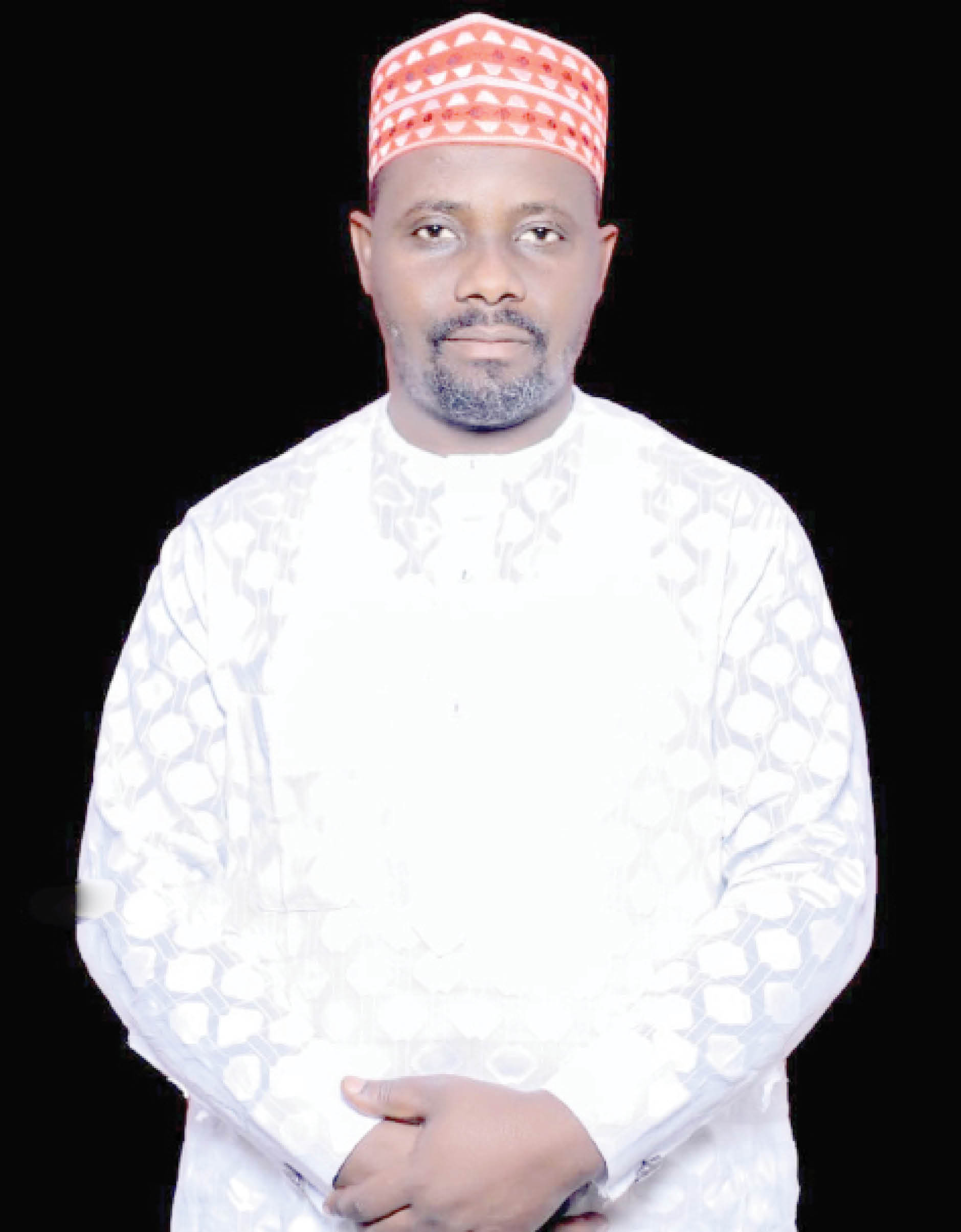‘Why we produced multi-million-naira film on trans-Saharan trade’
Umar Sani Lawan, popularly known as Umar UK, started from scratch as a film marketer to become a leading name in the industry as a producer. In this interview, he talks about the much-awaited TV series ‘Fatake’, among other issues. Who is Umar Sani Lawan? Umar Sani Lawan is a film producer, known in the […]

Umar Sani Lawan
Umar Sani Lawan, popularly known as Umar UK, started from scratch as a film marketer to become a leading name in the industry as a producer. In this interview, he talks about the much-awaited TV series ‘Fatake’, among other issues.
Who is Umar Sani Lawan?
Umar Sani Lawan is a film producer, known in the Hausa film making industry as Umar UK. I have been in the industry for over two decades now and I have produced several Hausa film such as ‘Garinmu Da Zafi’, ‘Maryam Diyana’, ‘Wali Jam’, ‘Ajanabiyya’, ‘Dan Almajiri’, ‘Yar Agadez’, ‘Fuska Biyu; Nisan Kwana’, among many others.
To cut it short, I was the producer of almost all the Hausa films directed by Aminu Saira that made waves at those times. I produced most of the films that featured Rahama Sadau and Sadiq Sani Sadiq as well.
Why produce when you could have chosen to be an actor?
Yes, I could have been an actor, but I am a businessman with a passion for the screen business. I ventured into the filmmaking sector, I started as a marketer and when an opportunity for me to explore the sector came, I took it and here I am today. Producing a film entails the ability to take some risks which many people were not willing to and as a businessman I knew what it takes to take calculated risks. However, as I said earlier, I saw an opportunity and I took it.
- CSOs oppose IPMAN over alleged plan to increase petrol price
- Tackle out-of-school children, Arewa group tells Tinubu
That is why the history of Kannywood development would never be complete without mentioning the contributions of Umar UK. I am not blowing my trumpet, but I know I have succeeded in contributing to the development of Kannywood.
What would you say is the major challenge of the Hausa film making industry?
To me, the major challenge is the lack of an effective and distinctive distribution channel. It will interest you to know that Kannywood came into being through informal processes because pioneers of the industry started it out of personal passion and as such, no formal distributing channel was adopted.
This issue of poor distribution channel has been the major challenge that has been pulling the industry backwards and until something reasonable is done, we will continue to have issues with this problem of distribution of our work.
What is the way out?
The way out is for us to agree and form a formal distribution channel that will coordinate and control the flow of what we have produced. I don’t think there is any film making industry in Nigeria that has the kind of viewers Kannywood has, but unfortunately the poor distribution channel has relegated it to an informal setting, thereby making us not get what we deserve to get.
Can you tell us more about your recent work?
We have completed work on a TV series titled ‘Fatake’. This is a TV series that we intend to make in accordance with international standards. It was shot in about four different countries across Africa, and is aimed at rekindling the ties between Hausa speakers or rather Hausa natives residing in these countries as well as to explore the age-long language and lineage relationship.
Let me state here that records have shown that the budget on this series is probably the highest so far in the history of Kannywood.
It is a story of the spread of Hausa language across African countries through the trans-Saharan trade. It is a fictional story with a blend of real-life happenings that tells a story of the Hausa people and how they spread across the sub region.
How did you source your casts?
We got them through an audition, we advertised and interested artists came and we selected based on their performance. However, what will interest you here is that our casts came from across the countries that we intend to cover in the story. We have casts from Ghana, Niger Republic, Nigeria and other countries. So far, we have since released the film teaser and we are happy with the response we are getting from our fans.
Do you have any special plan for the film before releasing it?
Yes, first we would, by God’s grace, hold a special premier for stakeholders in the filmmaking industry to have a broader perspective on the film before releasing it. We intend to subject the film to scrutiny and subjective observation to ensure that we have given the public what they really needed.
We have done and still are doing the promotional aspect, and hopefully the series will be aired by one of the Hausa satellite TV stations in July 2023.
Can you tell us the estimate of funds spent on this film?
A lot of people were asking about the money spent in producing this film, and whenever I mentioned the figures, it was like ‘wow…Hausa film has really come of age’.
So far, we have spent over $200, 000 to produce this film; you will understand what I mean when you convert it to naira. This is possible because we have to make our budget in dollars due to the issues related to the exchange rate; remember we have been to over three countries across Africa and we have artistes that are not based in Nigeria.
